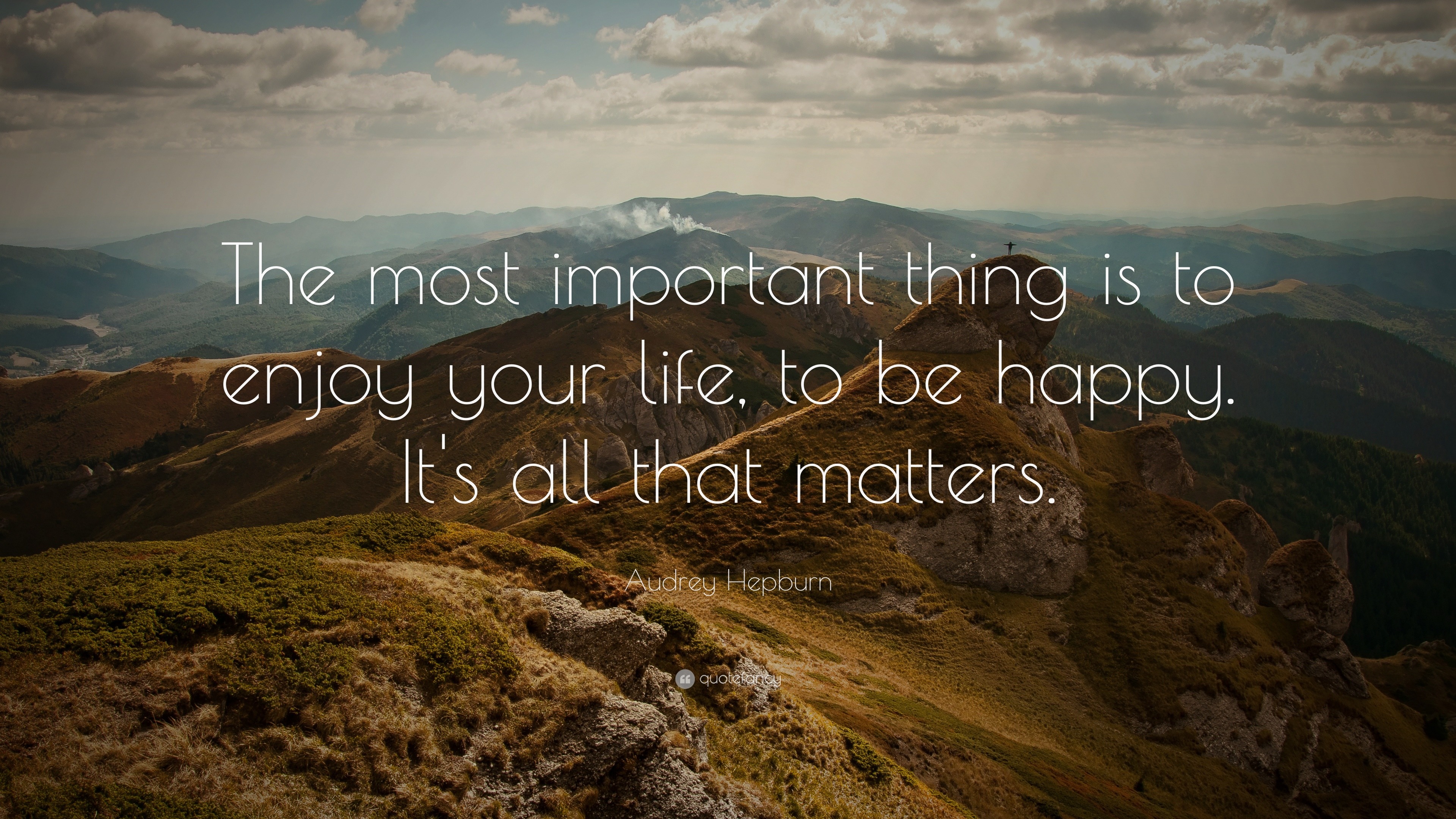I remember a speech by Shri H.K. Dua, a very respected journalist and Member of parliament, at Manfest (the Management festival of IIM L) in Jan 2011. The theme for that edition of Manfest was Vision 2030, hence there were some extravagant speeches on the vision for future. Shri H.K. Dua started his speech by this sentence which I still remember "I am happy to come from a place of cynicism to a place where there is hope". He was referring to Delhi as a place of cynicism, and that forum as a place of hope, as the discussions were on future. He raised some startling points like the lack of future strategy in the government. When Baba Atomic research was started by Rajiv Gandhi or when the space program was started by Dr. Satish Dhavan with such strong vision for the future, the current politicians are busy saving their governments and showing some numbers for the current year.
Today being the independence day and I being in Calcutta, IIM Calcutta seemed the best place to go for the flag hoisting. I was disappointed, to say the least, by the indifference shown by the batch. Before I say anything else, I would say that this is the case with any other institution and I do not have any personal grudge on IIM Calcutta or its members. Coming back to the flag hoisting, people saw us with their eyebrows raised when we told them that we came for flag hoisting. The cultural events post the flag hoisting did get the same treatment, Attending the flag hoisting has become so uncool that my friend preferred to act as if we have come for something else. Its not the dude thing.
The book "Imagining India" by Nandan Nilekani, though starts with a flowery picture of India, about how the world cannot afford to leave India behind. But towards the end, it also points out that we are running fast towards future, without a vision. This could be in infrastructure, education, healthcare etc. Mr Dua in his talk talked on the same point that we are looking forward to our generation. He was optimistic that institutions like the IIMs or the IITs would not fail the country. But by virtue of being in an institution in the same cadre, I sometimes feel that the students of these institutions are being molded in a way, which is no where near the expectations of people like Mr. Dua. I neither blame the faculty nor the academic curriculum of these institutions for the same.
I do not blame the politicians, who generally do some temporary things and try not to loose their vote bank. I do not blame them because, we are not so different. The indifference shown by the batch today morning, can be seen everywhere, in every campus. With "whats in it for me" being the trend, the indifference has reached the peak levels. Society, environment and country are not even on the radar. The days when greats like Rajiv Gandhi, bringing the IT into India against opposition, or the setting up of Bhaba atomic research institute, where a strong vision is required, are gone. People are stuck onto the current results or short term returns. This is the same at every level, starting from students to politicians.
After few weeks in the glamorous corporate world, I realized the above case is truly applicable here also. Numbers are the only quintessential indicator of any job. When the managers from the top are bugging the employees for numbers, we can't expect employees to draw strategies for the future. Students like us, who are already used to the MY thing get into the groove easily. And once in the corporate world, the peer pressure and also the task of impressing the bosses would add to the reasons to make the numbers of the current week/month/quarter attractive.
I do not understand how different is this indifference shown to being selfish. My life, my job, my parties.. The "whats in it for me?" has become the trend. I am not blaming the students and I can also say that I am in the same pool. I do not know if this kind of thinking is wrong but somehow it did not seem right to me. Keeping the big things aside, we loose the sensitivity to small joys of life like appreciating classical music or dance, arts, social service, joy of singing the national anthem at a flag hoisting, joy of talking to a teacher for a long time etc. We stop respecting and listening to people who have learned so much in their lives like the professors, politicians etc.
So dear dudes and dudettes, it is not un-cool to be sensitive to few things in life, which we long forgot.
-----------------------------------------------------------------------------------------------------------------------------------








